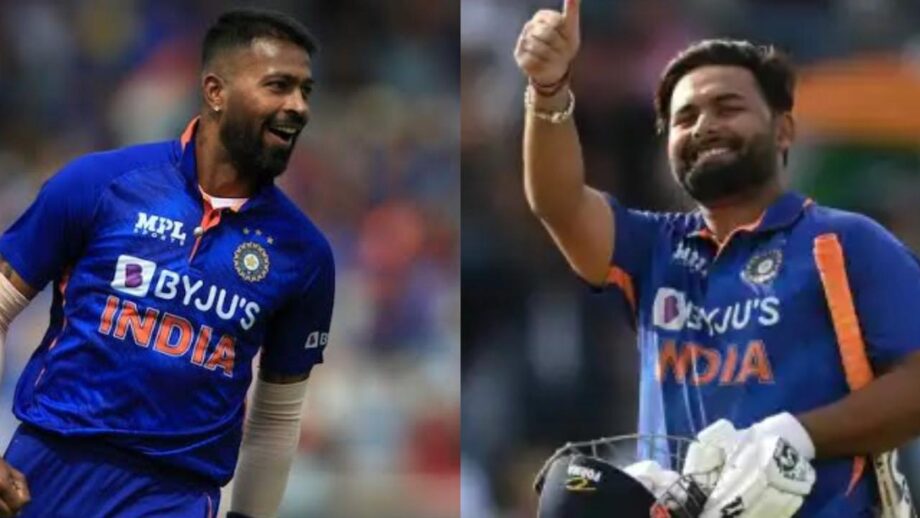Hardik Pandya was chit-chatting about the combination. Rishabh Pant concurred. On rare occasions, they gestured to one another. What were the two most intriguing middle-order batsmen in cricket discussing after India had lost four wickets in the chase?
I was just saying the same thing over and over, and I even informed him that I was repeating myself. Hardik Pandya would talk about the completion of an exceptional combination that helped India overcome England in the ODI series.
But what was it? “Let’s form a partnership, bring the game as close as we can, and win it. Enjoy (“phir tujhe enjoy karna hai to kar le”) if you so want (Pandya beams). Match toh close kar! (Finish the game first!)” said Pandya.
“Then he began to open up” (later on in the innings). Everyone is aware that you should sit down and say “Okay, you bat” as Rishabh begins to hit. (Chalo aap khelo, Hum Bait Jaate Hain!)”
Naturally, Pandya was correct, too. The confidence, though, was something. An example of his framing.
“It was unnecessary to take any chances at that point given his talent and mine, if I had any. Since there weren’t many runs available, we could score those runs without taking any chances. Only if we lose back-to-back wickets could England recover.”
Unusual for Pandya, he substituted the Hindi word “shayad” for the word “maybe” in the middle. He usually doesn’t. His manner is not overly modest. It’s so 1980s.
The essential idea is that these players only need to persevere in order to “complete” the game because they are aware of their potential. In the nicest way imaginable, “finish toh kar” sums up what was expected of Pant: a drive, an urging, a dare, a challenge.


